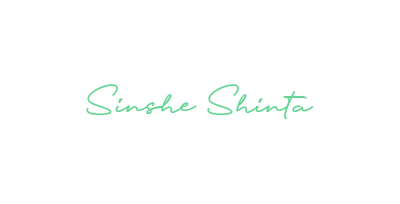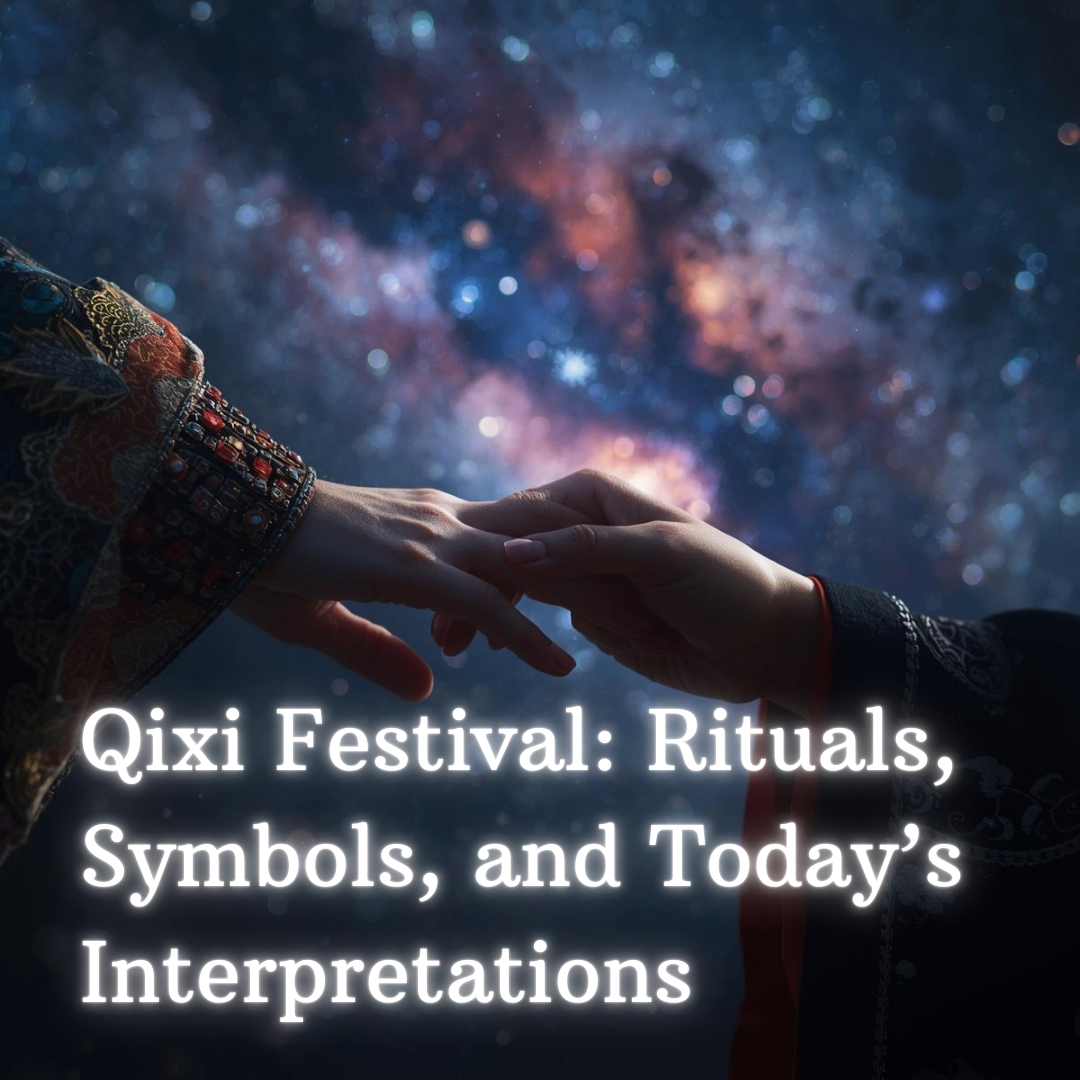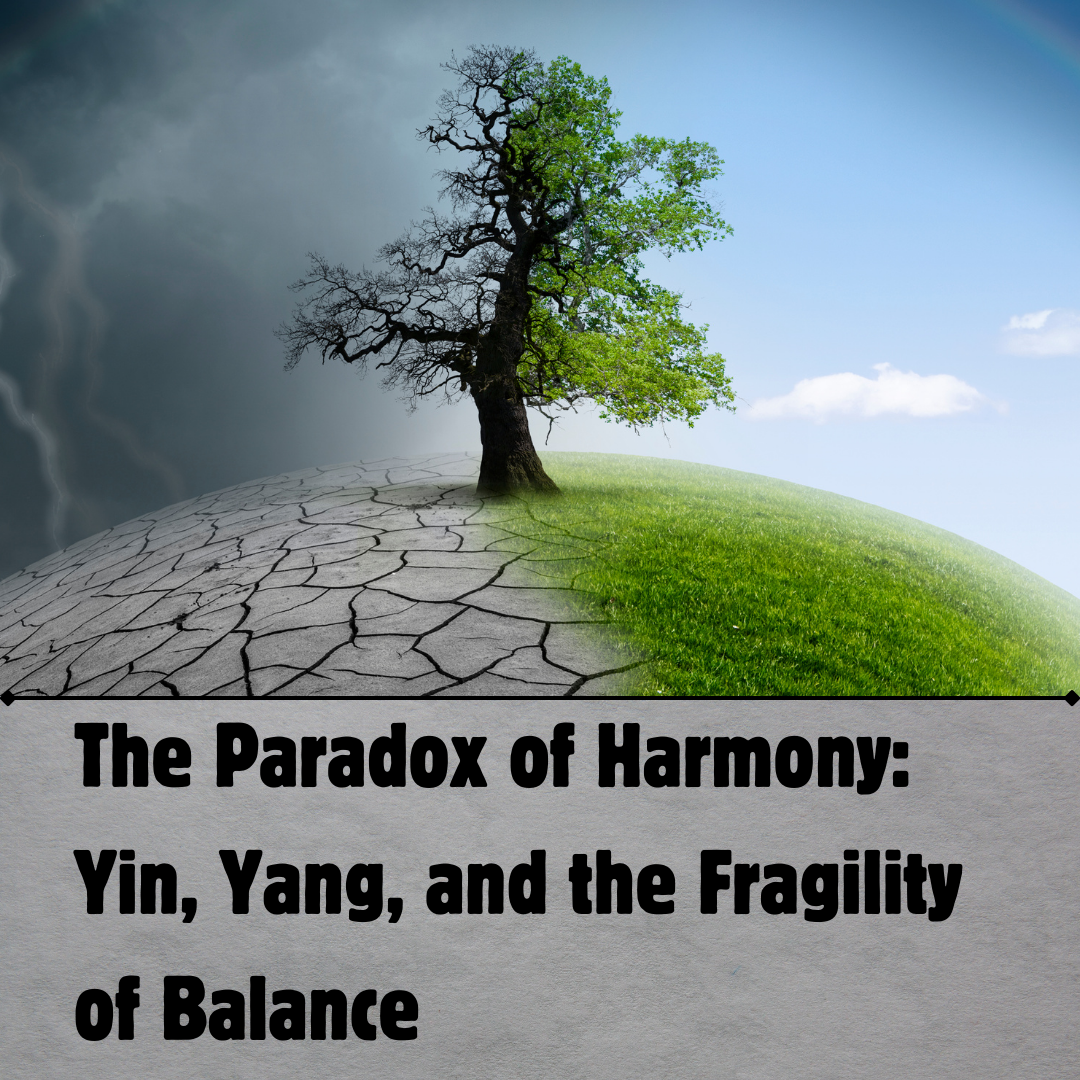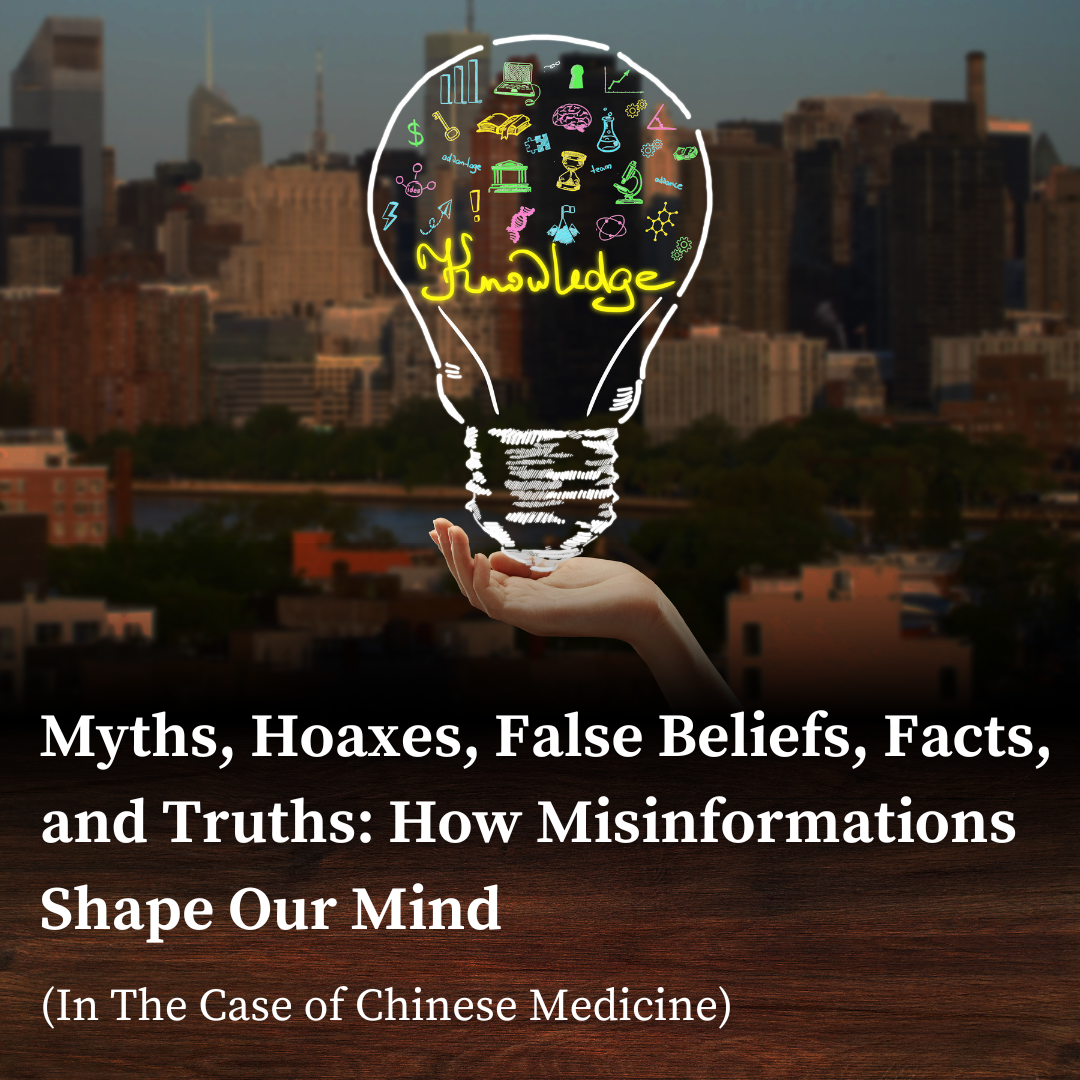What happens when decades of crushing failure give way to delirious triumph—only to unravel the mind? In this striking tale from classical Chinese medicine, the legendary physician Wu Ju Tong encounters a scholar who, after thirty years of humiliation, finally passes the imperial exams at sixty—and promptly descends into ecstatic madness, roaming the streets naked, screaming in victory. His cure? Not herbs, not needles, but fear—administered ruthlessly by the one man he dreaded most. Drawing on the Five Elements’ psychological alchemy, Wu Ju Tong’s unorthodox treatment reveals a profound truth: that emotions, in excess, become disease, and only their opposites can restore balance. A provocative case study in the extremes of human psychology and ancient medical wisdom, this story challenges modern assumptions about healing, sanity, and the thin line between joy and self-destruction. Curious to delve deeper?
Wu Ju Tong is one of China’s renowned ancient healers and the author of the famous TCM classic Wen Bing Tiao Bian – Analysis on Epidemic Febrile Disease. Once, he encountered one of his “amazing” patients and managed to cure him in an extraordinary way.
It is said that there was a student who consistently failed the imperial examination. It is important to understand that successfully passing the imperial exam and becoming a state official was considered the highest achievement aspired to by all Chinese people at that time. Unfortunately, the student was not as fortunate as his peers; for 30 years he repeatedly failed the exam, and—can you believe it?—he only succeeded in graduating at the age of 60.
His 30-year struggle finally bore fruit, and the student was undoubtedly overjoyed. Then he began to behave strangely. He removed his clothes one by one until he was completely naked, and his hair was disheveled in all directions. In that “amazing” state, he wandered throughout the entire city, joyfully shouting, “I passed! Finally, I passed!”
Naturally, this alarmed the residents, and needless to say, the student’s family was even more distressed (and certainly embarrassed as well). The student’s wife, having heard of Wu Ju Tong’s great reputation, immediately sought his help. “Please cure my husband!” she pleaded.
“Then, please bring your husband here, along with the person he fears most,” replied Wu Ju Tong.
The wife promptly complied. She brought her husband, along with her father, who was a butcher. Wu Ju Tong then instructed the student’s father-in-law to beat his son-in-law severely.
In fact, the student, who had still been acting erratically, became quiet upon seeing his father-in-law. When his father-in-law began to strike him, he fell completely silent, and eventually returned to normal.
This healing method employed by Wu Ju Tong actually follows the principle of counteracting emotion with emotion. In TCM, there is a concept known as the Five Elements, and within these Five Elements, happiness is associated with fear—where happiness restrains fear and vice versa. The student, having finally passed the exam after 30 years, naturally experienced excessive happiness. Although happiness is a positive emotion, an excess of it can certainly lead to illness. According to the Five Elements, in order to subdue happiness, one must use fear. That is why Wu Ju Tong instructed the student’s father-in-law—who happened to be someone the student feared—to strike him firmly.
So, if you have acquaintances who are experiencing excessive happiness, you might try to temper it with fear. Just remember, do not use this approach too extremely! Apply it only according to the appropriate circumstances. Have a nice day.
What came to mind as you read this? I’m curious to hear. Please share your thoughts in the comments below. 🙂







